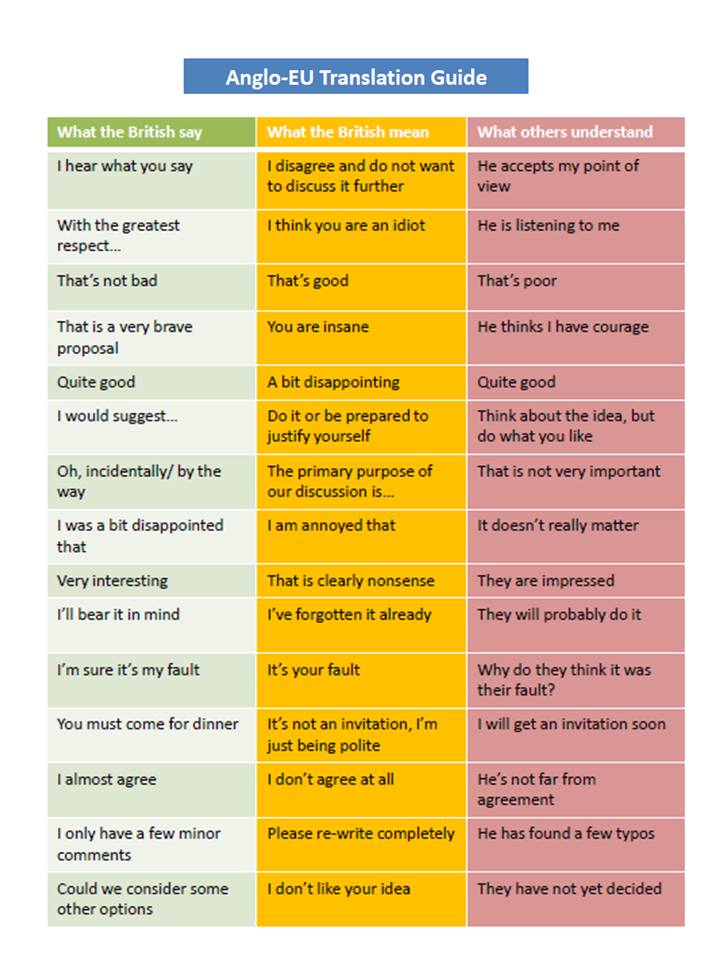Are British and American forms of English sufficiently different to cause problems in transnational technical publications teams? Can British and American technical writing teams work in harmony?
If you participated in a recent debate initiated by Scott Abel on Facebook (actually concerning the different subject of outsourcing projects to India), you might think it could cause problems, as one commenter stated that British understatement (and supposed overuse of the passive voice) could result in unclear user documentation.
Furthermore, if you'd also read a recent article in Nature, you'd have found researchers analysing the digitized texts of English-language books over the past century concluded that, in the last 50 years, American English has become decidedly more emotional than British English. They also claimed this was part of a more general increase of the stylistic divergence between the two variants of English language.
I think for technical documentation, we don't need to worry. Indeed, I could have used a distinctly British word for nonsense to express my opinion of the comment on Facebook. In my experience, technical writers prioritise clarity and accuracy so much so that there are few problems in having a British-American writing team.
It's true there are some style issues that need to resolved. For example, deciding how you spell words such as “colour” and “metre,” and what you mean by “must” and “shall.” British understatement does exist, and it can be misinterpreted by non-native English speakers, as the Anglo-EU translation cartoon demonstrates:
 In my experience, most British technical writers know when to “call a spade a spade” and speak in a way that is clear enough for an American colleague to understand what they are saying.
In my experience, most British technical writers know when to “call a spade a spade” and speak in a way that is clear enough for an American colleague to understand what they are saying.
However, you don't need to take my word for it. In the same way the researchers analysed those differences in British and American literature, someone could do a similar analysis on British and American user guides. Google's MapReduce application may be one way to do this quickly and cheaply, as MapReduce can analyse a set of documents contained in a Zip file and report on how often a word or phrase appears. You could carry out a similar exercise comparing American and Indian user guides as well (As an aside, you could also use it to assess how much duplicated content you have—handy for assessing the savings you'd get from moving to a single sourcing authoring environment).
What's your experience of British and American writers working together? Did it work well? You can use the comments box to share your thoughts.
Ellis Pratt is sales and marketing director at Cherryleaf. Ranked the most the influential blogger on technical communication in Europe, Ellis is a specialist in the field of creating clear and simple information users will love.

I don’t think differences in voice between U.S. and U.K. English present a problem in technical communication. U.S. tech writers don’t write emotionally, and U.K. tech writers don’t use understatement. What I’m running up against are terminology issues. For instance, a manual written by a team in India used “anticlockwise” instead of “counterclockwise.” It sounds wrong–even ridiculous–to Americans. But “counterclockwise” may sound equally ridiculous to those in Ireland.
Yes, counter clockwise does sound odd to the British ear.
This is a topic that is near and dear to my heart! I’ve actually written about it too, from an American Anglophile’s point of view. I guess that I’ve watched enough British television and read enough British literature that I don’t often think twice about it, but there can be some distinct differences. Taking it a step further, there are also differences when using South African English, Australian English, Canadian English, and New Zealand English, to name a few. They might seem like nuances at first, but often there is a cultural twist in the language that does not equate it with American or British English. I wrote a two-part article about it for my local STC chapter newsletter: http://us2.campaign-archive2.com/?u=7bf393b04c844328fe99525b4&id=3806391bf1&e=09521976c1 I don’t know why the second half hasn’t been published yet–I don’t think the next newsletter has come out yet. But this discussion always fascinates me.
But are there not nuances in America itself, for example with parts of Texas? In the IT lexicon, there are fewer variations than say talking about crisps, lorries and pants. In the UK, for example, we use dialog for a computer screen and dialogue for a discussion.
An American colleague forwarded me a link and I have noticed the same error (or what appears to be an error) on more than one page: “Ranked the most the influential blogger on technical communication in Europe, Ellis is a specialist in the field of creating clear and simple information users will love.” Surely there is an extra “the” at the beginning?
Thank you for the heads up.